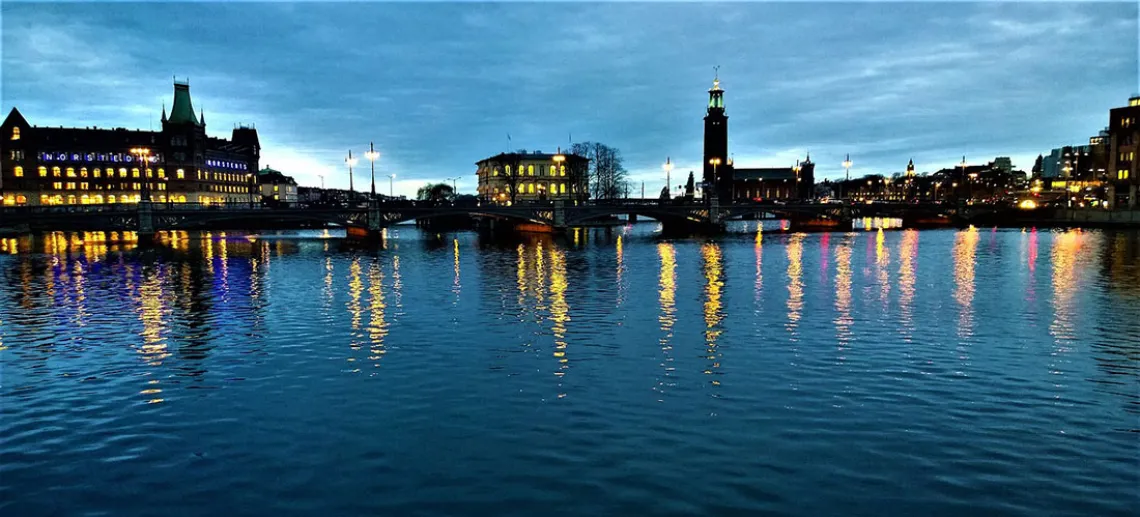Architecture Lecturer Claudia Kappl-Joy Shares Stories of Lighting Design and More in New 'Plugged In' Conversation Series

The Adelaide Project, a curated lighting experience and exhibition space that brings together the design community in Toronto, kicked off its inaugural Plugged In conversation series on May 25, 2020 with Claudia Kappl-Joy, architecture lecturer in the College of Architecture, Planning and Landscape Architecture at the University of Arizona.
Claudia shares how her international exposure—her upbringing in Austria, time in England and most formative educational experience in Sweden—has influenced her lighting design work, including CLL . Concept Lighting Lab, her architectural lighting design studio based in Tucson, Arizona.
View the full and wide-ranging interview, which includes photographs and other images of place and work:
Kappl-Joy joined the College of Architecture, Planning and Landscape Architecture in 2018 to share her passion for lighting. She regularly attends reviews and has co-taught CAPLA’s capstone design studio and summer immersion programs. She is a Certified Lighting Designer (CLD) and a member of Women in Lighting (WIL), the International Association of Lighting Designers (IALD) and the Illuminating Engineering Society (MIES). She holds master’s degrees in Architecture (TU Graz, Austria) and Architectural Lighting Design (KTH Stockholm).



